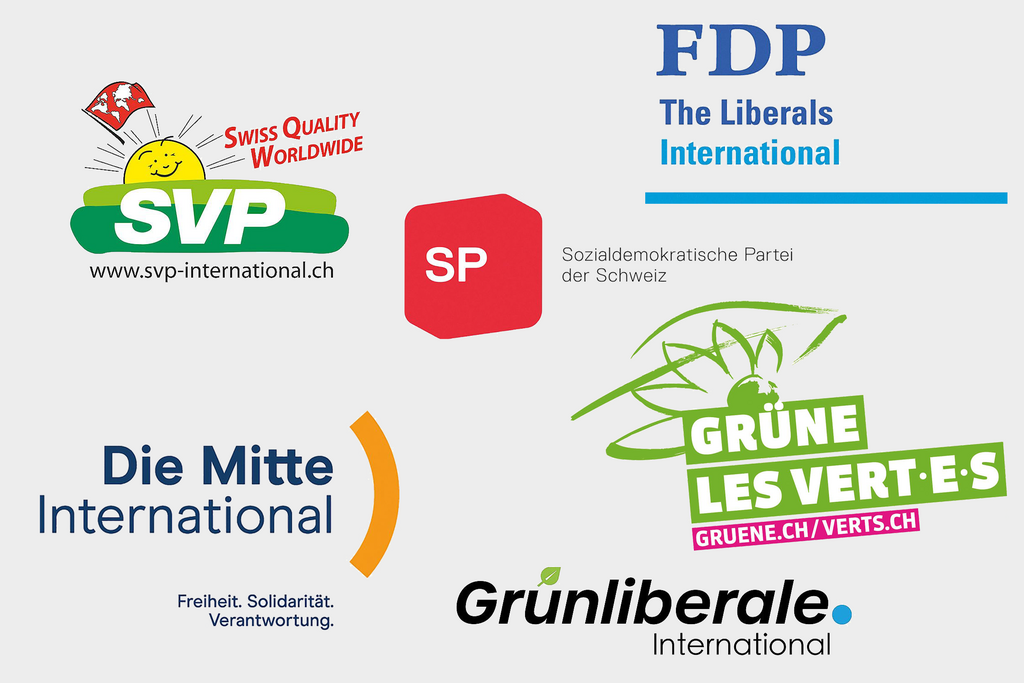2. The dynamic adoption of laws
The framework agreement would commit Switzerland to take a “dynamic adoption approach” to passing laws. That means when the EU passes new laws, Switzerland would have two years in which to adopt those laws. However, the direct democratic processes would remain intact as Switzerland would be granted a third year for implementation in the event of a referendum. If Switzerland does not want to adopt a new EU law, Brussels can appeal to an independent arbitration panel. This mechanism has proven to be very controversial. The Swiss People’s Party (SVP) considers it a threat to Swiss sovereignty and has warned against “foreign judges”. At a public hearing of the Foreign Affairs Committee of the National Council, Carl Baudenbacher, former EFTA court president, even labelled the arbitration panel a “fig leaf”. There is a danger of unilateral dependence on the European Union Court of Justice as its interpretation of EU law would be binding on the arbitration panel. Other commentators, such as European law expert Astrid Epiney, see the legal dynamic adoption process as a more workable prospect, as it would actually enable legal certainty. Switzerland would also have consultation rights and could even appeal to the arbitration panel itself if necessary.
3. The Citizens’ Rights Directive
The Citizens’ Rights Directive does not actually feature in the draft framework agreement. However, it was not explicitly excluded either, as Switzerland had wanted during the negotiations. The matter of adopting this directive could even be the first case to land before the arbitration panel. The Citizens’ Rights Directive has ensured reciprocal civil rights for EU member states since 2004. These rights extend beyond the free movement of persons, which exists between Switzerland and the EU, to include entitlement to social assistance, the right to an extended stay and protection from deportation. The Liberals (FDP) and Christian Democrat People’s Party (CVP) see this as a stumbling block and demand the explicit exclusion of the directive from the framework agreement.
None of the parties represented in the Federal Council have given their unconditional support to the agreement as it currently stands. The economic umbrella organisation economiesuisse also has reservations. The advantages of market access to the Swiss economy are beyond dispute. However, economiesuisse wants “clarification” on the specific application of the agreement, for example regarding the Citizens’ Rights Directive and social partnership. The system of joint monitoring also needs to be fully upheld.
economiesuisse does not want further negotiations, which the EU has excluded anyway; however, Brussels may not prove to be as intransigent as it seems in that respect. Political commentators believe that the Federal Council’s strategy could be to draw out the process through internal consultation and ultimately gain concessions. The EU has always proven to be flexible in delicate situations and granted exceptions to individual states – so why would a well disposed non-member state not expect the same?
The article is valid as at the editorial deadline of mid-February 2019.
Theodora Peter is a freelance journalist in Bern
Swiss citizens in the UK remain secure post Brexit
Swiss citizens in the UK and British citizens in Switzerland will continue to enjoy the same rights post Brexit, as established in a bilateral agreement between the two countries. They will retain residence rights plus entitlement to social insurance and recognition of professional qualifications. These rights are lifelong. However, they do not extend to British and Swiss citizens who move when the free movement of persons is no longer in force.
In the event of a no-deal Brexit, the agreement between Switzerland and the UK is set to come into force on 30 March. In the event of an orderly Brexit, there will most likely be a transition phase until the end of 2020, during which time the current provisions of the Agreement on the Free Movement of Persons will apply. At the end of 2017, there were about 34,500 Swiss citizens in the UK and 43,000 British citizens in Switzerland.
The two countries have also concluded an agreement on air traffic to secure current traffic rights and a seamless continuation of the status quo. There are approximately 150 flights between Switzerland and the UK every day.
Brexit agreement
A brief overview of the framework agreement





![[Translate to en:]](/fileadmin/_processed_/d/2/csm_Revue_202204_Huehnerfarm_SH-Reportage_3074_7901ca94df.jpg)





Comments
Comments :
Also werden die EU-Wahlen zusätzliche Anti-EU-Kräfte nach der Europawahl im Brüsseler Parlament einziehen. Zudem dürfte es einen klaren Brexit geben, was den Untergang dieses grauenhaften Systems besiegeln wird.